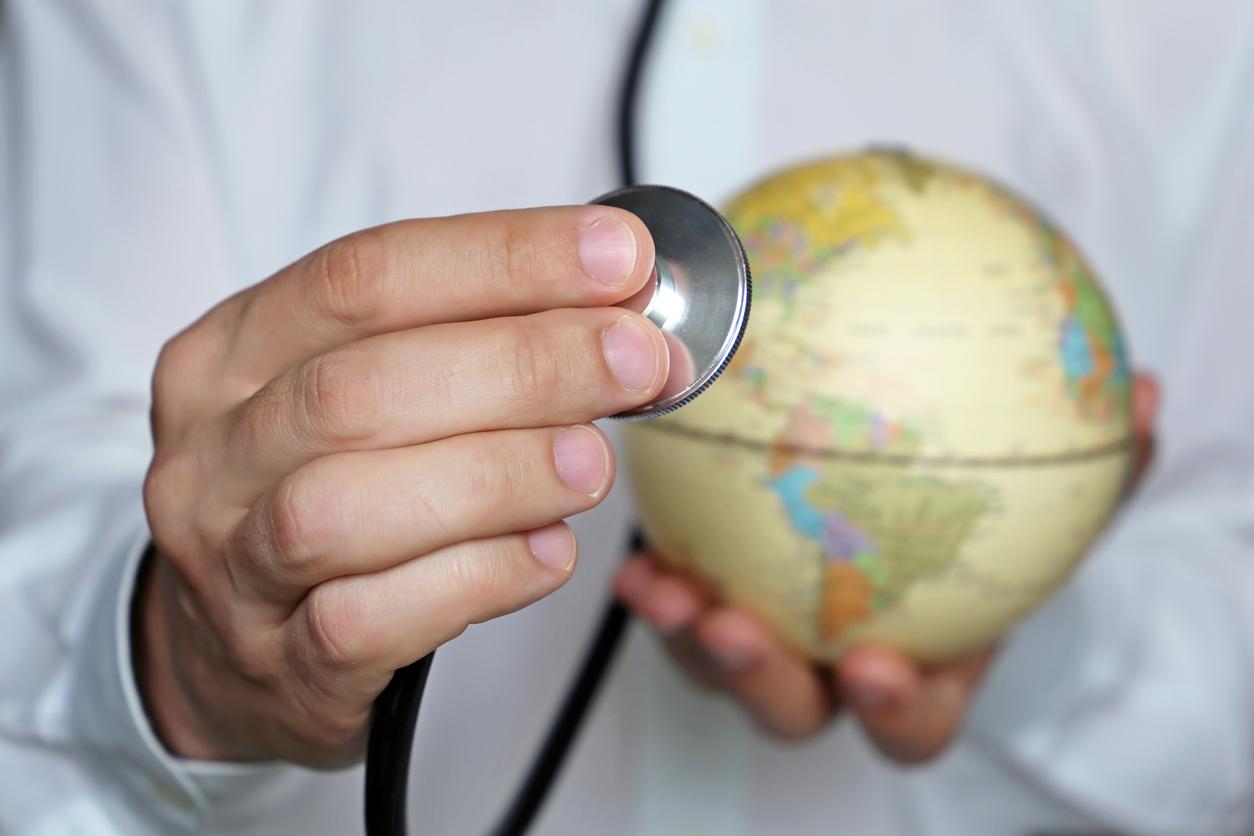The issue of travel from country to country is one of the most complicated factors to manage in the spread of Covid-19. Test on departure and arrival, impose a preventive quarantine, take the temperature of travelers? All of this data has its share of uncertainty. Then WHO Europe is considering establishing an “electronic vaccination record”. Explanations.
The race for the vaccine against the Covid-19 is advancing rapidly. The United Kingdom has just approved the Pfizer / BioNTech vaccine, ahead of the long-awaited opinion of the European Medicines Agency (whose deadline is December 29). But when it begins to circulate, how do you know who has been protected and who has not?
Track vaccine efficacy over time and space
But contrary to popular belief, the goal would not be so much to know if the traveler can bring or bring back the coronavirus during their trip, but rather to study the effects of the vaccine over time, explained Siddhartha Datta, an expert in WHO Europe to AFP. This will complement other initiatives such as the European map of risk areas, for example.
In a dispatch, the Agency reports: “Such a certificate is not finalized and will have to be drawn up in accordance with national laws. It is not an immunity passport, supposed to ensure that its carrier is protected against the disease because it has already been affected and cured, but more of a device to assess the long-term effects. vaccine.“
Read also:
- Coronavirus: is it risky to fly?
- Covid-19 vaccine: the 3 stages, the priorities
















